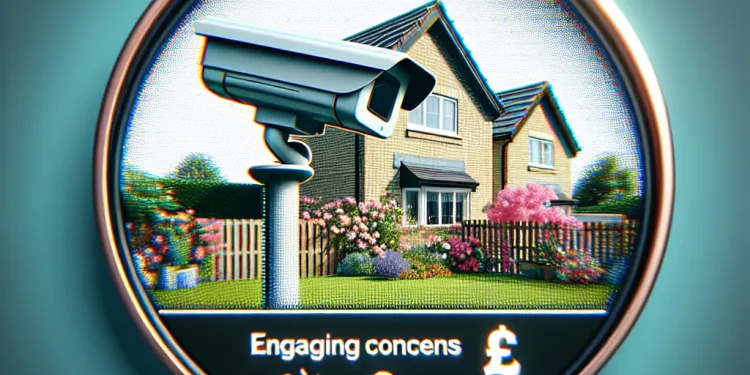
Find Help
More Items From Ergsy search
-
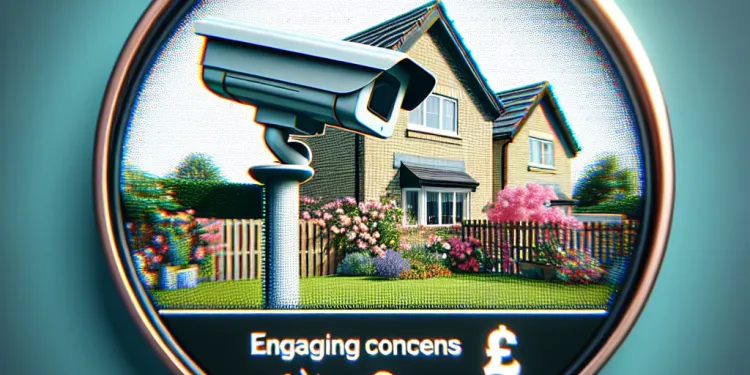
What should I do if I feel my privacy is being invaded by my neighbour's CCTV?
Relevance: 100%
-
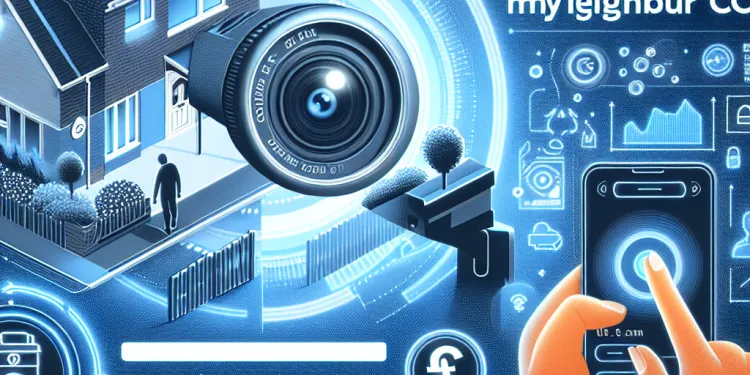
Can I request footage of myself from my neighbour's CCTV?
Relevance: 64%
-
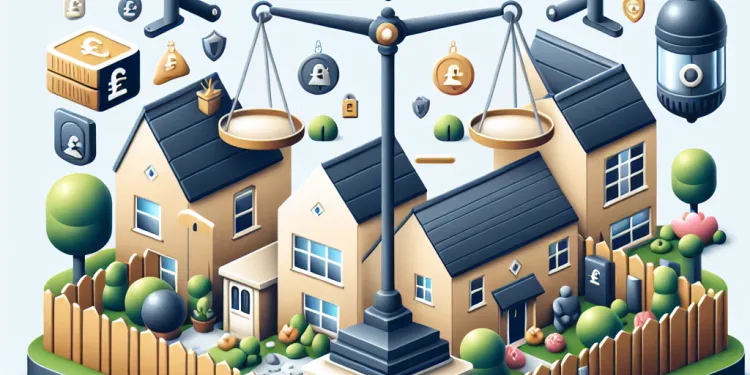
Are there privacy laws that protect me from neighbor's cameras?
Relevance: 62%
-
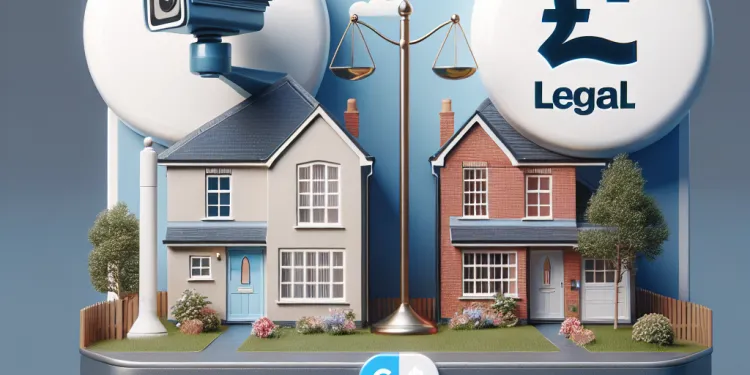
Can the police access my neighbour’s CCTV footage without consent?
Relevance: 61%
-
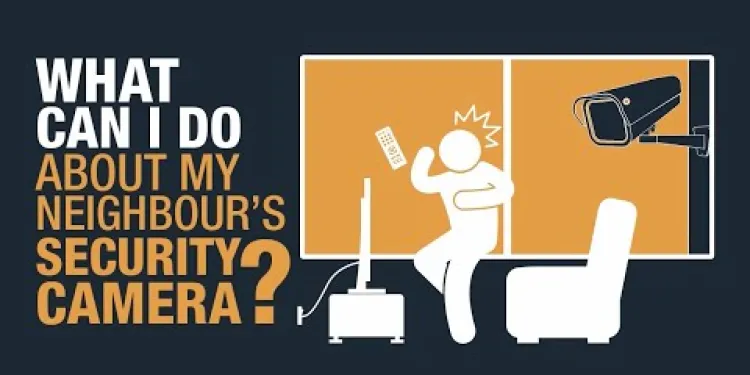
What can I do about my neighbour's security camera?
Relevance: 54%
-
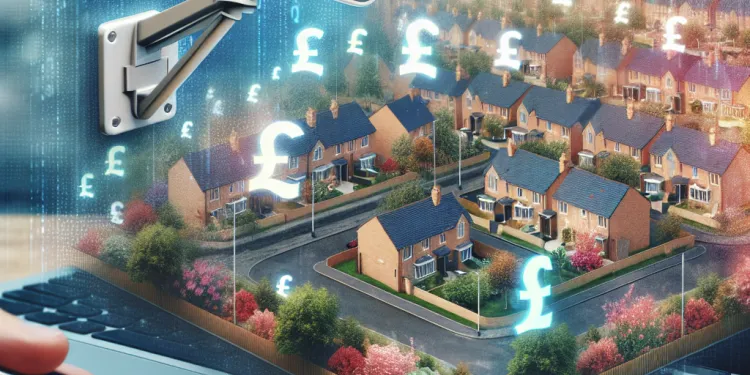
Is it legal for my neighbor to have a security camera facing my property?
Relevance: 51%
-
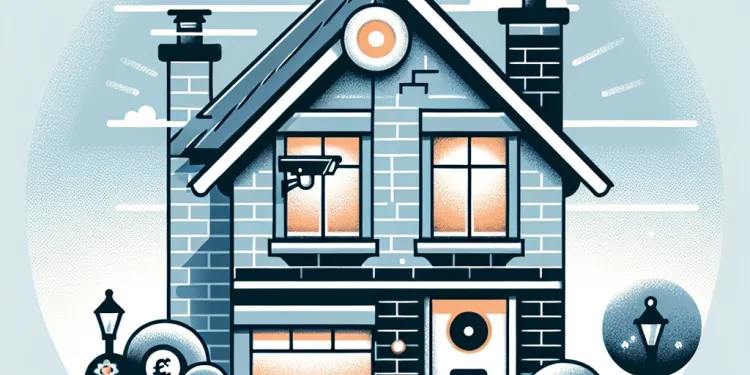
Do neighbours need to inform me if their cameras record my property?
Relevance: 47%
-
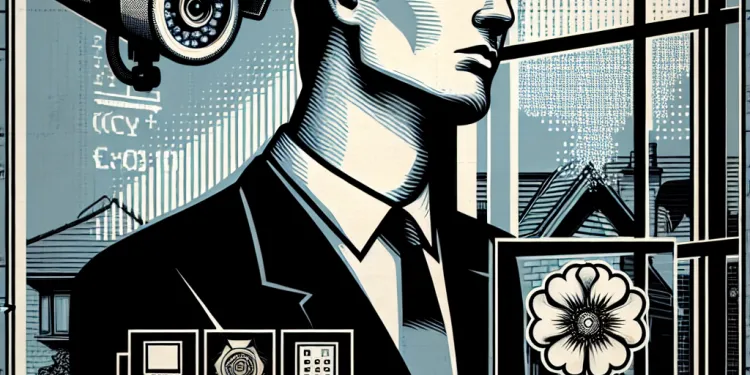
Should I contact the authorities if my neighbor refuses to adjust their camera?
Relevance: 46%
-

Can I ask my neighbour to reposition their security camera?
Relevance: 45%
-
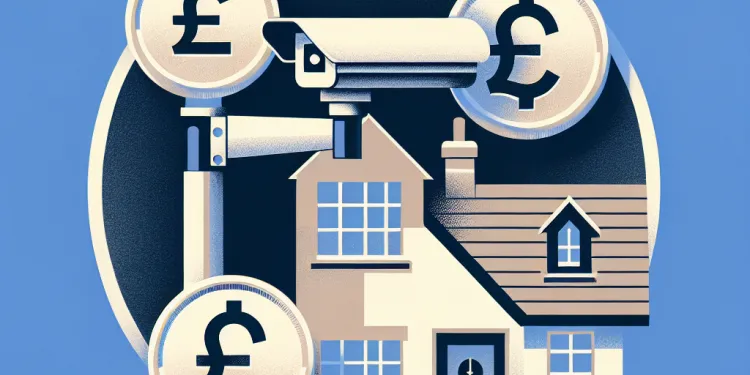
What if my neighbor claims the camera is for security but it points towards my property?
Relevance: 43%
-
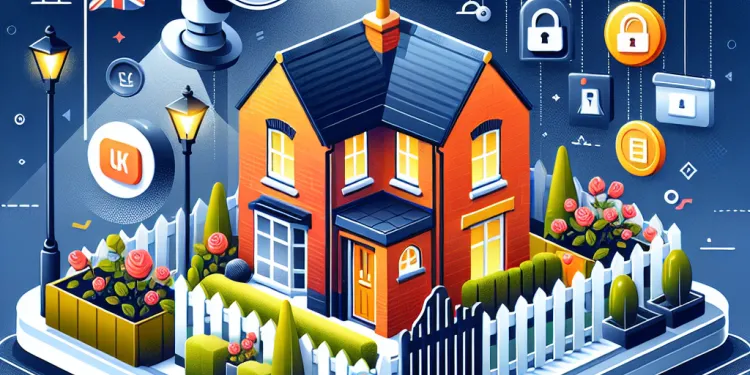
How can I stop my neighbour's security camera pointing at my property?
Relevance: 42%
-
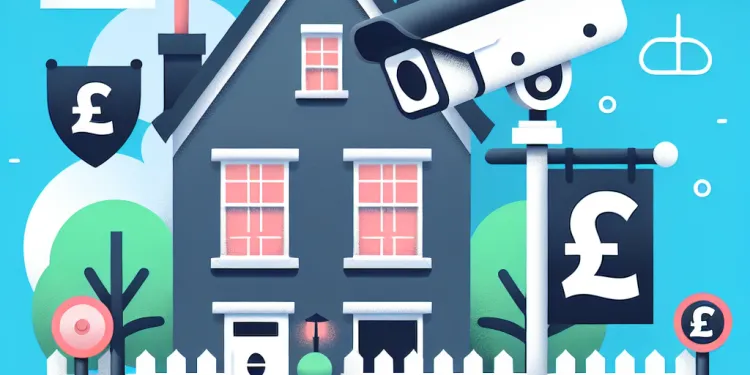
What steps can I take if my neighbour refuses to reposition their security camera?
Relevance: 42%
-

What can I do about my neighbour's security camera?
Relevance: 42%
-
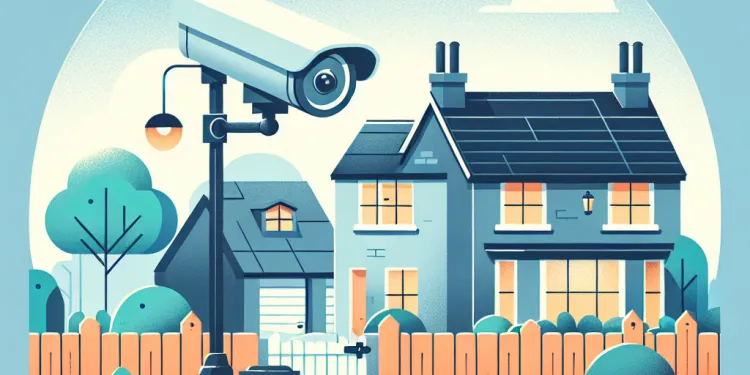
Can my neighbour legally point a security camera at my property?
Relevance: 41%
-
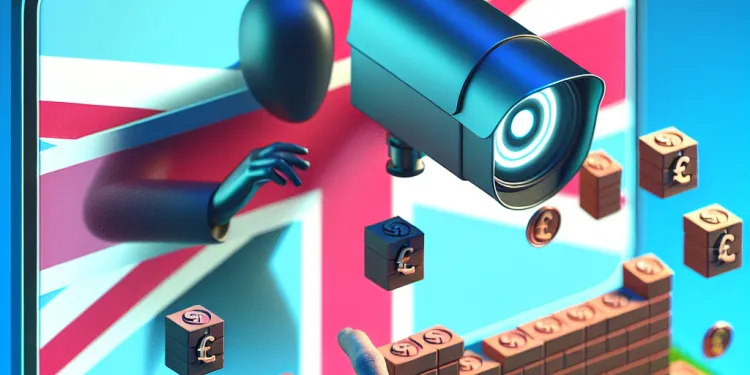
Can I block the view of my neighbor's camera with physical barriers?
Relevance: 40%
-
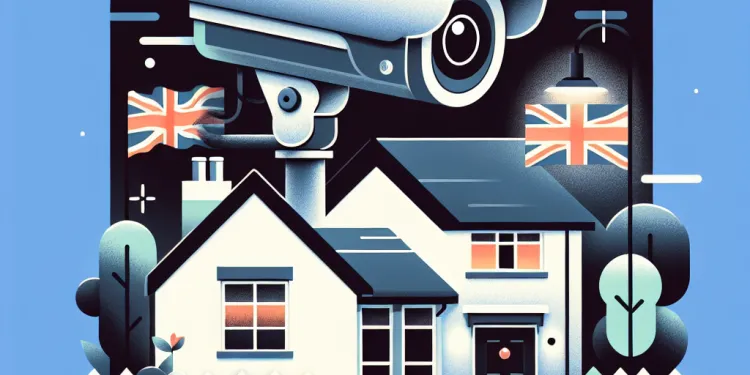
What should I do first if my neighbor's security camera is pointed at my property?
Relevance: 37%
-
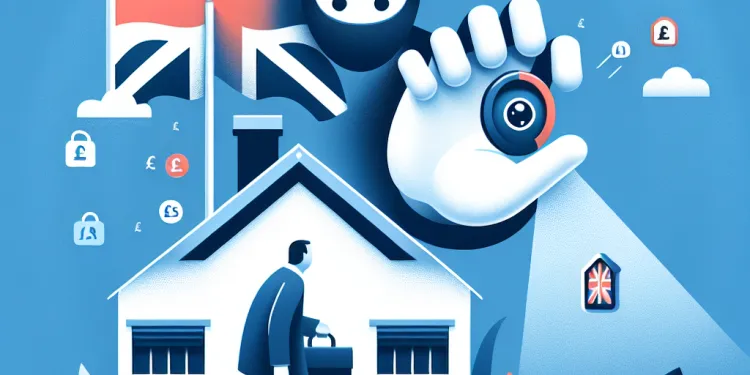
Can I ask for legal help to get my neighbor’s camera moved?
Relevance: 36%
-
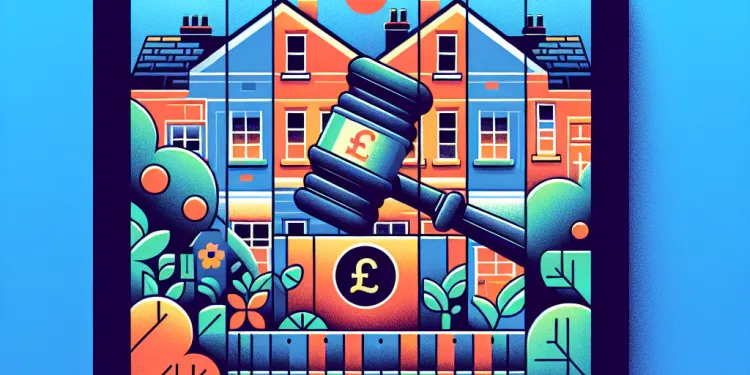
Does the ICO have the power to take action against my neighbour?
Relevance: 35%
-

Is it legal for me to block the view of my neighbour's security camera?
Relevance: 35%
-
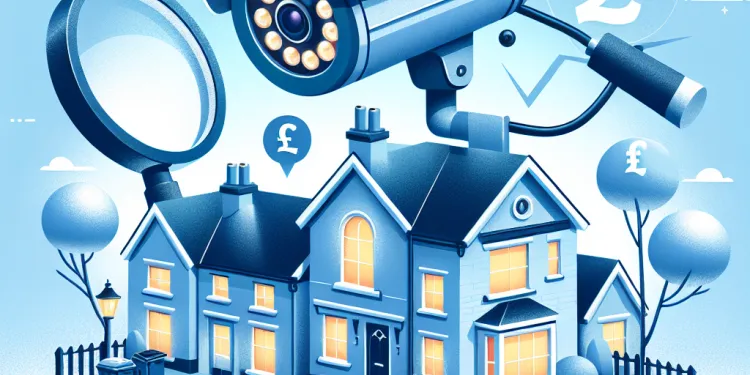
Can my neighbour use footage from their security camera as evidence in disputes?
Relevance: 34%
-
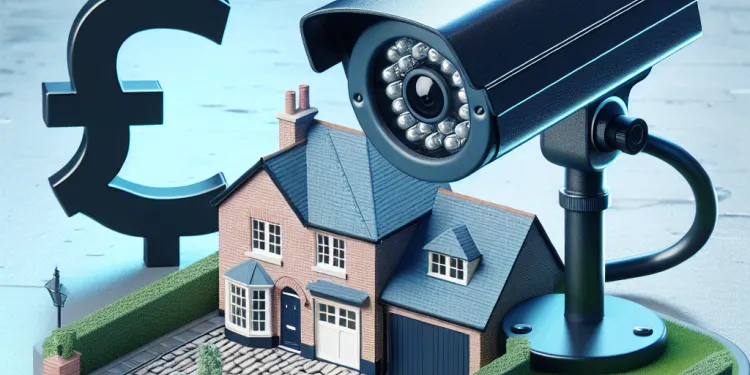
Is my concern valid if the camera is only monitoring my driveway?
Relevance: 32%
-

What kind of footage is considered an invasion of privacy?
Relevance: 32%
-

How can I tell if a security camera is pointing at my property?
Relevance: 30%
-

What is my neighbour required to do under GDPR?
Relevance: 29%
-

How can I disable my neighbour's security camera?
Relevance: 29%
-

Is it necessary to check on neighbors during a heatwave?
Relevance: 27%
-

What happens if a neighbor builds a fence on my property?
Relevance: 26%
-
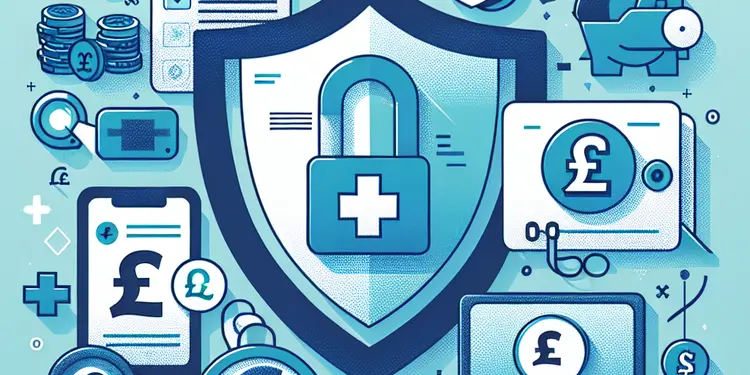
Are there privacy protections for my medical records?
Relevance: 25%
-
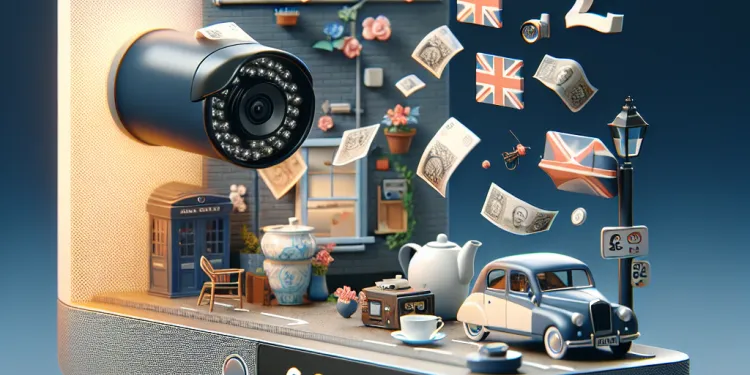
Can I install my own camera to monitor the area in question?
Relevance: 23%
-

Why might I pay a significantly different rate from my neighbor?
Relevance: 22%
-
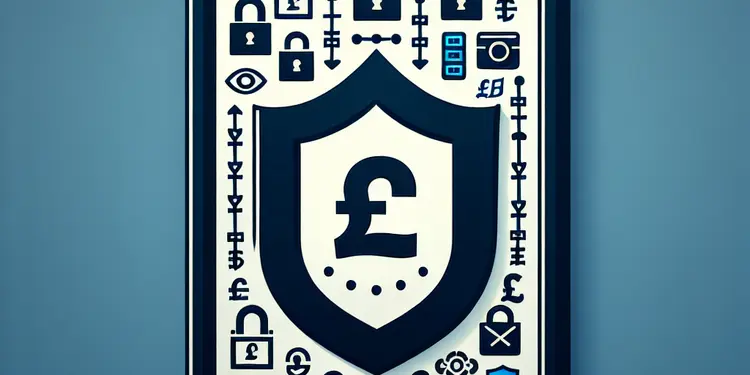
How can I protect my privacy on my mobile phone?
Relevance: 22%
-
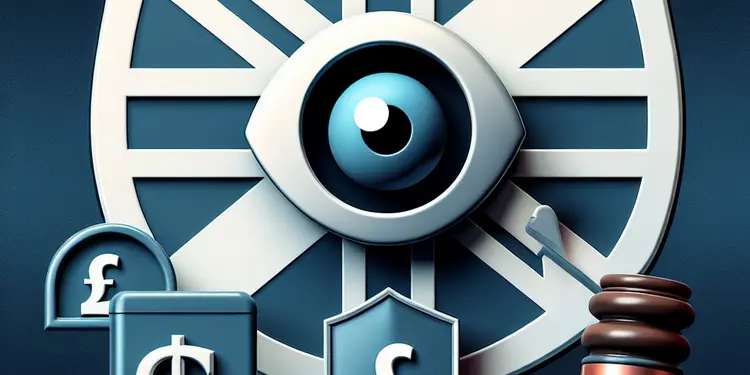
Controversy Surrounds New Surveillance Legislation as Privacy Groups Voice Concerns
Relevance: 21%
-
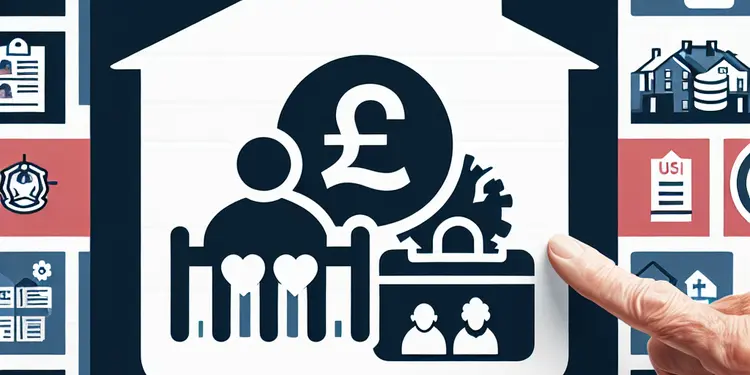
How is privacy maintained in care homes?
Relevance: 19%
-
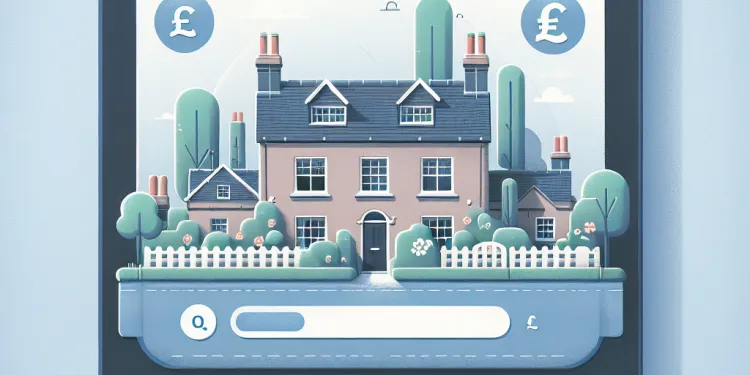
What if my neighbor refuses to cooperate with any solutions?
Relevance: 19%
-
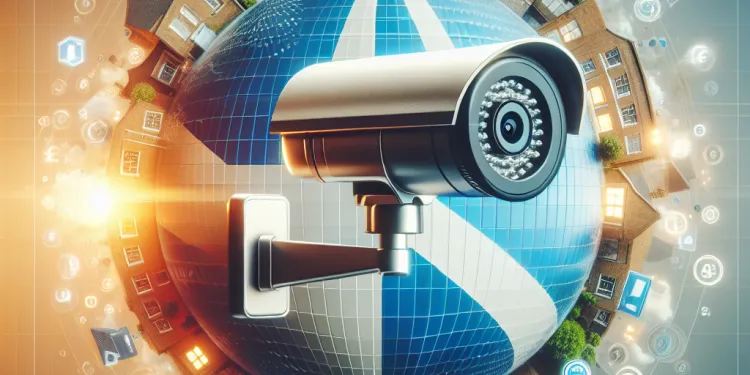
Is redirecting a security camera a solution?
Relevance: 18%
-

Can I report a neighbor for using a hosepipe during a ban?
Relevance: 18%
-

High Court Rules on Controversial Data Privacy Case
Relevance: 17%
-
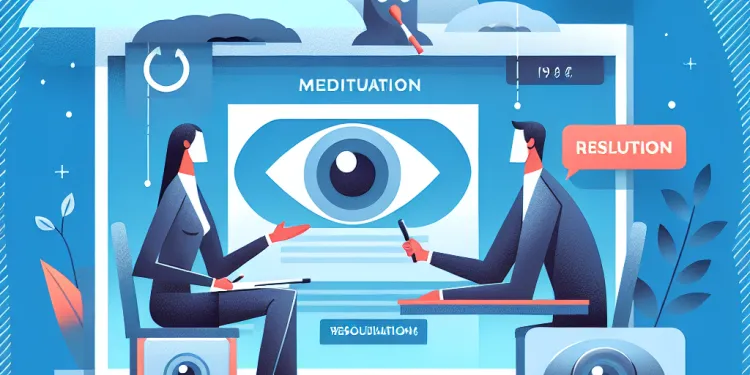
Are there any mediation services for resolving disputes over security cameras?
Relevance: 17%
-

What laws apply to the use of security cameras in the UK?
Relevance: 15%
-

Is mediation a good option for resolving boundary disputes?
Relevance: 14%
Understanding Your Rights
If you feel that your neighbour's CCTV is infringing on your privacy, it's important to understand your rights in the UK. The use of CCTV is governed by the Data Protection Act 2018 and the General Data Protection Regulation (GDPR). These regulations mean that if a CCTV camera captures images outside the boundary of the homeowner’s property, the footage is subject to data protection laws. This includes capturing images of your property, yourself, or your family.
Communicate with Your Neighbour
Your first step should be to speak directly with your neighbour. It's possible they are unaware that their CCTV system is affecting your privacy. Approach the conversation diplomatically and express your concerns. It can be helpful to suggest ways to resolve the issue, such as redirecting the camera or utilizing privacy masking features that many modern CCTV systems offer. Often, a simple conversation can lead to a quick resolution without any further action needed.
Check the CCTV System
It's advisable to check whether the CCTV system is recording beyond the neighbour's property boundaries. Ask the neighbour how their CCTV system works, such as the areas it records and how long footage is retained. Under the Data Protection Act, they are required to justify the collection of images and ensure they are used proportionately.
Contact the Information Commissioner's Office (ICO)
If discussing your concerns with your neighbour does not resolve the issue, you can take the matter to the Information Commissioner's Office (ICO). The ICO oversees data protection laws in the UK and can offer guidance on next steps if you feel your privacy rights are being breached. You may need to provide evidence of your attempts to resolve the issue directly with your neighbour.
Consider Legal Advice
In cases where a resolution is not reached through direct communication or intervention by the ICO, you may consider seeking legal advice. A solicitor can provide guidance on whether you have grounds to pursue a legal claim based on privacy breaches or harassment. Keep records of all interactions with your neighbour and any advice given by the ICO, as this documentation may be helpful if you decide to proceed legally.
Mediation Services
Another option is to use mediation services to resolve disputes with your neighbour regarding CCTV use. Mediators provide a neutral platform for both parties to find an agreeable solution. Many communities have free or low-cost neighbourhood mediation services that could prove beneficial.
Know Your Rights
If you think your neighbour's CCTV is watching you when it shouldn't, you need to know what you can do. In the UK, we have rules about cameras. These rules are called the Data Protection Act 2018 and GDPR. If the camera sees outside your neighbour's home, like your garden or family, it must follow these rules.
Talk to Your Neighbour
The first thing you should try is talking to your neighbour. They might not know their camera is bothering you. Be polite when you talk to them. Tell them how you feel. You could ask them to move the camera or use special settings so it doesn't see your space. Usually, a simple chat can fix the problem.
Look at the CCTV Setup
Find out if the camera is seeing extra areas. Ask your neighbour how the camera works — like where it is looking and how long they keep the videos. The law says they need a good reason to film and must use the video fairly.
Contact the Information Commissioner’s Office (ICO)
If talking doesn't help, you can ask the Information Commissioner's Office (ICO) for help. ICO makes sure camera rules are followed in the UK. They can tell you what to do next if you think your area is being filmed wrongly. Keep any notes of chats you've had with your neighbour to show the ICO.
Think About Legal Help
If nothing works, you might need to talk to a lawyer. They can tell you if you can make a legal complaint because of privacy problems. Keep records of what you talk about with your neighbour and any help you get from ICO. This will be useful if you take legal steps.
Use Mediation Services
You can also try using mediation services. A mediator helps you and your neighbour find a way to agree. There are often free or cheap local services that can help with camera problems.
Frequently Asked Questions
What should I do first if I feel my neighbor's CCTV is invading my privacy?
Start by talking to your neighbor to express your concerns about their CCTV system.
How can I determine if my neighbor’s CCTV is infringing on my privacy?
Check the camera's field of view to see if it captures images beyond their property, such as your yard or windows.
Is it legal for my neighbor to have CCTV cameras pointing at my property?
Laws vary by location, but generally, cameras should not intrude on your reasonable expectation of privacy.
What should I include in a conversation with my neighbor about their CCTV?
Explain how the cameras affect your privacy and suggest possible adjustments to their setup.
What if my neighbor refuses to adjust their CCTV after our conversation?
Consider mediating through a neutral third party or seeking advice from local authorities.
Should I document my neighbor’s CCTV setup?
Yes, taking photos or videos of the camera positions can be helpful if legal advice becomes necessary.
What agencies can I contact about privacy concerns regarding CCTV?
Local law enforcement, city council, or data protection agencies may provide guidance on privacy laws.
Can I block my neighbor's CCTV camera?
Direct action like blocking or damaging the camera is not advisable and may be illegal.
Are there technological solutions to protect my privacy from CCTV surveillance?
Privacy screens or strategic landscaping such as trees can obstruct unwanted views.
Can my neighbor legally record audio with their CCTV?
Recording audio often has stricter regulations and might require consent from those recorded.
Is it useful to inform my neighborhood association about the CCTV issue?
Yes, they may have rules or guidelines concerning security cameras and privacy that could be enforced.
When should I seek legal advice about my privacy concerns?
If the situation doesn’t improve after talking to your neighbor and local authorities, consider consulting a lawyer.
What legal measures are available if neighbor's CCTV violates privacy laws?
You may be able to seek an injunction to have the CCTV repositioned or removed.
What is 'reasonable expectation of privacy' concerning CCTV?
This legal principle implies that certain private areas should not be subject to surveillance without permission.
Are there privacy filters or apps that can blur camera footage?
There are technologies like privacy window films, but modifying captured footage directly raises legal issues.
How could neighborhood mediation help resolve the CCTV dispute?
Mediation might help reach a compromise or agreement outside of a legal setting.
How do data protection laws relate to neighbor's CCTV surveillance?
Data protection laws might regulate how CCTV footage is collected, used, and stored.
Could a security company assess the legality of the CCTV setup?
Yes, security experts can offer an assessment in terms of legal compliance and best practices.
What practical steps can I take to enhance my privacy?
Installing privacy curtains, blinds, or outdoor privacy screens can limit any unwanted visual intrusion.
Should I report the CCTV privacy concern to my local council?
If informal approaches fail, reporting the issue to local authorities can be a good step for community level resolution.
What do I do if my neighbor's camera is watching me?
If you think your neighbor's camera can see too much, try speaking with them first. You can ask them nicely to move it. If you need help, you can ask a trusted friend or family member to come with you.
If talking does not help, you can ask for advice. You might find it useful to talk to someone who understands this, like at a community center.
First, go and talk to your neighbor. Tell them why you are worried about their CCTV camera.
Is my neighbor's CCTV camera spying on me?
If your neighbor has a CCTV camera, you might worry about privacy. Here is how you can check:
- See where the camera points. Is it looking into your home or garden?
- Ask your neighbor why they have the camera.
- Talk to someone who can help, like a local community officer.
If you feel worried about privacy, these steps can help you feel safer.
Look at where the camera can see. Check if it can take pictures of places outside their home, like your yard or windows.
Can my neighbor have cameras looking at my house?
It's a good idea to talk to your neighbor first. Ask why they have cameras.
If you are worried, you can:
- Ask for help from someone you trust.
- Talk to a local community officer.
- Contact a legal advisor for more information.
Laws are different in each place, but mostly, cameras should not go where you expect to be private.
What should I talk about with my neighbor if they have CCTV?
If your neighbor has cameras (CCTV), here is what you can talk about:
- Ask if their cameras can see your home or garden.
- Tell them if you feel worried or not safe.
- Ask why they have the cameras.
- Talk about where the cameras are pointing.
Here are some tips for talking with your neighbor:
- Be calm and friendly when you talk.
- Use simple words and take your time.
- Write down what you want to say.
- Bring a friend or family member if you need help.
- Ask them questions if you don’t understand.
Let's talk about how cameras might affect your privacy and some ways to fix it.
What can I do if my neighbor won't move their CCTV after we talked?
Think about asking someone who is not involved to help both sides talk. You can also ask local leaders or helpers for advice.
Is it okay to write about my neighbor’s cameras?
Yes, taking pictures or videos of where the cameras are can help if you need to talk to a lawyer.
Who can I talk to if I worry about privacy with CCTV?
If you are worried about how CCTV cameras use your information, you can talk to these people:
- A privacy watchdog: They can help with privacy problems.
- The police: They can help if you feel unsafe.
- Local council: They might help if CCTV is in your area.
- A lawyer: They can give legal advice.
You can also ask someone you trust to help you with this.
Ask the police, city leaders, or data protection groups about privacy rules. They can help you understand them.
Can I stop my neighbor's camera from seeing me?
Do not block or break the camera. This might be against the law.
Can technology help keep my privacy safe from CCTV cameras?
Here is an easier way to understand the question:
Can we use technology (like computers or gadgets) to stop CCTV cameras from seeing us or knowing who we are?
If you want help with reading or understanding, you can:
- Use a screen reader to read text aloud.
- Ask someone to explain it to you.
- Use picture clues or videos to learn.
You can use special screens or plant trees and bushes to block views you don’t want.
Is it okay for my neighbor to use their camera to record sound?
When you record sound, there are often more rules to follow. You might need to ask people if they are okay with being recorded.
Should I tell my neighborhood group about the CCTV problem?
It's a good idea to talk to your neighborhood group about the CCTV cameras. They can help find a solution. You can use pictures or drawings to explain the problem if it helps. Also, speaking to someone who knows a lot about these cameras can be useful.
Yes, they might have rules about security cameras and privacy.
When should I ask a lawyer for help with my privacy worries?
If things don't get better after you talk to your neighbor and get help from local helpers, you might want to speak to a lawyer. A lawyer is someone who knows a lot about rules and can help you understand what to do next.
What can I do if my neighbor's camera is breaking privacy rules?
You might be able to ask for help to move or take away the CCTV camera.
What Does 'Reasonable Expectation of Privacy' Mean with CCTV?
CCTV cameras are used to watch places. People should know where cameras are.
'Reasonable expectation of privacy' means if you think a place is private. For example, your home is private.
Outside on the street or in a shop is not private. It is okay to have cameras there.
People should feel safe from cameras in private places like bathrooms.
To understand more, ask someone to explain, or use picture cards and diagrams.
This rule says that some places should stay private. No one should watch or listen without asking first.
Can I use something to make camera videos blurry for privacy?
Yes, there are special tools and apps that make your videos blurry. This helps keep things private. You can use them on your phone or computer.
Here are some ideas:
- Use apps that blur videos. Search for "video blur app" in your app store.
- Ask someone to help you find and use an app.
- Watch videos or read guides that show how to use these apps.
There are special window stickers that can help keep things private. But changing videos that you take can cause legal problems.
How can people in the neighborhood help solve the CCTV problem?
Neighbors can talk to each other and work together to find a solution. This means listening to everyone’s ideas and feelings. Sometimes, a person called a mediator can help. A mediator helps people talk and find a way everyone agrees on.
Some tools that can help are:
- Having meetings where everyone can speak.
- Using pictures or drawings to show ideas.
- Writing down what everyone agrees on.
Mediation is a way to help people agree or find a middle ground without going to court.
What do data protection rules say about a neighbor's CCTV camera?
Here is what we can understand:
- Data protection rules help keep people's information private and safe.
- If your neighbor has a CCTV camera, these rules say how they can use it.
- CCTV cameras should only look at your neighbor's property, not yours.
- If it sees your property, your neighbor must follow special rules.
- Your neighbor must say why they need the camera and keep the video safe.
Helpful things you can do:
- Talk to your neighbor if you feel the camera sees you.
- Ask them to adjust the camera if needed.
- Use clear language to explain how you feel.
- You can ask for help from a friend or family member.
There are rules about how to use CCTV cameras. These rules say how pictures and videos are taken, used, and kept safe.
Can a security company check if the cameras are allowed?
Yes, safety experts can help check if things follow the law and the best ways to do things.
How can I keep my information safe?
Here are some easy steps to keep your information private:
- Use strong passwords. Make sure your passwords are hard to guess. A good password has letters, numbers, and symbols.
- Don't share your passwords. Keep them secret and don't tell anyone.
- Be careful what you share online. Think before posting pictures or details about yourself.
- Check your privacy settings. Make sure only people you trust can see your information.
- Use safe websites. Look for a lock symbol in the address bar when shopping or entering information.
- Install a virus scanner. It helps keep your computer safe from bad programs.
These tools can help:
- Password manager: It helps you remember strong passwords.
- Privacy settings guide: It shows you how to change who can see your information.
Put up curtains, blinds, or screens to keep people from seeing in.
Should I tell my local council about a CCTV privacy problem?
If talking about the problem doesn't work, you can tell someone in charge, like the local council. They can help fix the problem for everyone.
Useful Links
Have you found an error, or do you have a link or some information you would like to share? Please let us know using the form below.
-->
This website offers general information and is not a substitute for professional advice.
Always seek guidance from qualified professionals.
If you have any medical concerns or need urgent help, contact a healthcare professional or emergency services immediately.
Some of this content was generated with AI assistance. We’ve done our best to keep it accurate, helpful, and human-friendly.
- Ergsy carfully checks the information in the videos we provide here.
- Videos shown by Youtube after a video has completed, have NOT been reviewed by ERGSY.
- To view, click the arrow in centre of video.
- Most of the videos you find here will have subtitles and/or closed captions available.
- You may need to turn these on, and choose your preferred language.
- Go to the video you'd like to watch.
- If closed captions (CC) are available, settings will be visible on the bottom right of the video player.
- To turn on Captions, click settings .
- To turn off Captions, click settings again.
More Items From Ergsy search
-

What should I do if I feel my privacy is being invaded by my neighbour's CCTV?
Relevance: 100%
-

Can I request footage of myself from my neighbour's CCTV?
Relevance: 64%
-

Are there privacy laws that protect me from neighbor's cameras?
Relevance: 62%
-

Can the police access my neighbour’s CCTV footage without consent?
Relevance: 61%
-

What can I do about my neighbour's security camera?
Relevance: 54%
-

Is it legal for my neighbor to have a security camera facing my property?
Relevance: 51%
-

Do neighbours need to inform me if their cameras record my property?
Relevance: 47%
-

Should I contact the authorities if my neighbor refuses to adjust their camera?
Relevance: 46%
-

Can I ask my neighbour to reposition their security camera?
Relevance: 45%
-

What if my neighbor claims the camera is for security but it points towards my property?
Relevance: 43%
-

How can I stop my neighbour's security camera pointing at my property?
Relevance: 42%
-

What steps can I take if my neighbour refuses to reposition their security camera?
Relevance: 42%
-

What can I do about my neighbour's security camera?
Relevance: 42%
-

Can my neighbour legally point a security camera at my property?
Relevance: 41%
-

Can I block the view of my neighbor's camera with physical barriers?
Relevance: 40%
-

What should I do first if my neighbor's security camera is pointed at my property?
Relevance: 37%
-

Can I ask for legal help to get my neighbor’s camera moved?
Relevance: 36%
-

Does the ICO have the power to take action against my neighbour?
Relevance: 35%
-

Is it legal for me to block the view of my neighbour's security camera?
Relevance: 35%
-

Can my neighbour use footage from their security camera as evidence in disputes?
Relevance: 34%
-

Is my concern valid if the camera is only monitoring my driveway?
Relevance: 32%
-

What kind of footage is considered an invasion of privacy?
Relevance: 32%
-

How can I tell if a security camera is pointing at my property?
Relevance: 30%
-

What is my neighbour required to do under GDPR?
Relevance: 29%
-

How can I disable my neighbour's security camera?
Relevance: 29%
-

Is it necessary to check on neighbors during a heatwave?
Relevance: 27%
-

What happens if a neighbor builds a fence on my property?
Relevance: 26%
-

Are there privacy protections for my medical records?
Relevance: 25%
-

Can I install my own camera to monitor the area in question?
Relevance: 23%
-

Why might I pay a significantly different rate from my neighbor?
Relevance: 22%
-

How can I protect my privacy on my mobile phone?
Relevance: 22%
-

Controversy Surrounds New Surveillance Legislation as Privacy Groups Voice Concerns
Relevance: 21%
-

How is privacy maintained in care homes?
Relevance: 19%
-

What if my neighbor refuses to cooperate with any solutions?
Relevance: 19%
-

Is redirecting a security camera a solution?
Relevance: 18%
-

Can I report a neighbor for using a hosepipe during a ban?
Relevance: 18%
-

High Court Rules on Controversial Data Privacy Case
Relevance: 17%
-

Are there any mediation services for resolving disputes over security cameras?
Relevance: 17%
-

What laws apply to the use of security cameras in the UK?
Relevance: 15%
-

Is mediation a good option for resolving boundary disputes?
Relevance: 14%


